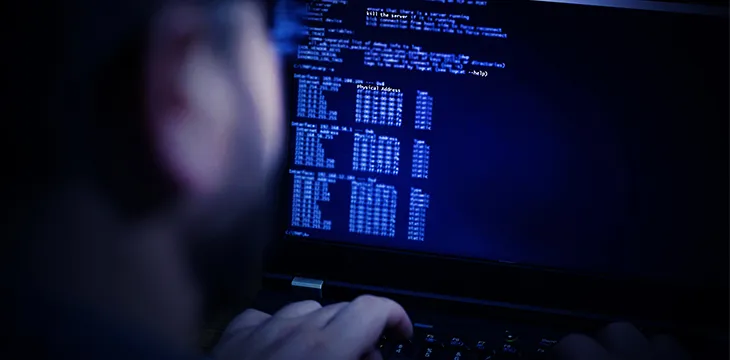|
Getting your Trinity Audio player ready...
|
The Cryptopia cryptocurrency exchange out of New Zealand became the most recent target of hackers. By the time the attack was discovered, thieves had reportedly been able to get away with Ether and Centrality tokens amounting to as much as $3.65 million. Cryptopia immediately pulled the plug on the exchange, forcing it into a “maintenance mode” and began damage control to try and prevent the ship from sinking. Its SOS was heard loud and clear and the Binance exchange has reportedly been able to prevent further damage.
To be fair, Binance didn’t act alone. It received a tip on Twitter from “ShaftedTangu,” who had posted, “Hey @cz_binance Binance has stolen tokens from [Cryptopia] hitting it sir. Can you lock it down?”
It didn’t take long for Changpeng Zhao, the exchange’s CEO, to step in, responding to the tweet, “Just checked, we were able to freeze some of the funds. I don’t understand why the hackers keep sending to Binance. Social media will be pretty fast to report it, and we will freeze it. It’s a high risk maneuver for them.”
The participation of crypto fans in policing the ecosystem, once an exchange hack is announced, shows how far the blockchain infrastructure has come. It is now extremely difficult for hackers to get away with their scams, as more and more individuals are almost immediately on the trail. It also shows that the crypto system is not as anonymous or obscure as opponents would like people to believe.
There is still work to be done, though. The hackers have yet to be identified, but the investigation hounds are on the job. Cryptopia is remaining silent on the matter, pending an investigation, and said on Twitter, “We cannot comment as this matter is now in the hands of the appropriate authorities. We will update you as soon as we can.”
It shouldn’t take too long to track down the hackers. The world has already seen how proficient crypto sleuths can be and how there is always a way to correlate crypto wallet addresses with real people. One of the most notable examples is from the U.S. Treasury Department investigation into an Iranian ransomware scam, which resulted in several crypto addresses being sanctioned after their owners had been identified.

 08-26-2025
08-26-2025 





